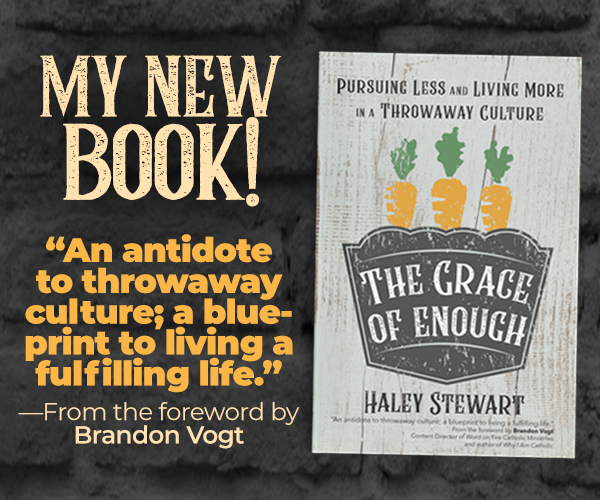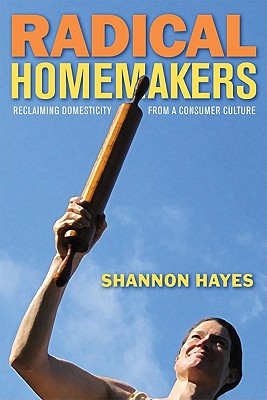Welcome to Carrots! I'm so glad you're here. This is where I share thoughts on liturgical living, faith, parenting, culture, and an extra dose of Jane Austen. You can sign up for my email newsletter here to stay in touch, or look me up on Instagram!
I’m still plugging away at Wendell Berry’s agrarian essays: The Art of the Commonplace. I can’t believe it’s taken me so long to read them. Each one is brilliant.
“We need better government, no doubt about it. But we also need better minds, better friendships, better marriages, better communities. We need persons and households that do not have to wait upon organizations, but can make necessary changes in themselves, on their own…A person who undertakes to grow a garden at home, by practices that will preserve rather than exploit the economy of the soil, has set his mind decisively against what is wrong with us. He is helping himself in a way that dignifies him and that is rich in meaning and pleasure. But he is doing something else that is more important: he is making vital contact with the soil and the weather on which his life depends. He will no longer look upon rain as an impediment of traffic, or upon the sun as a holiday decoration. And his sense of man’s dependence on the world will have grown precise enough, one would hope, to be politically clarifying and useful.” – excerpt from “Think Little”
“…it seems likely that the identity crisis is a conventional illusion, one of the genres of self-indulgence. It can be an excuse for irresponsibility or a fashionable mode of self-dramatization. It is the easiest form of self-flattery—a way to construe procrastination as a virtue—based on the romantic assumption that “who I really am” is better in some fundamental way than the available evidence would suggest.
The fashionable cure for this condition, if I understand the lore of it correctly, has nothing to do with the assumption of responsibilities or the renewal of connections. The cure is “autonomy,” another illusory condition, suggesting that the self can be self-determining and independent without regard for any determining circumstance of any of the obvious dependences. This seems little more than a jargon term for indifference to the opinions and feelings of other people. There is, in practice, no such thing as autonomy. Practically, there is only a distinction between responsible and irresponsible dependence.”-excerpt from “The Body and the Earth”
I’m also reading Radical Homemakers by Shannon Hayes. After getting a Ph.D. from Cornell, Hayes and her husband moved back to a family farm to grow their own food and be self-sufficient. Katherine suggested it to me and I’m finding it fascinating. As she warned me, I don’t agree with all of it but I would heartily recommend it.
“Committing her life’s energy to an employer has not made a truly ‘liberated woman.’ A homemaker’s primary job is not to be a consumer. The choice to cultivate self-reliance, curb consumption and live well on less money drains only the extractive economy, but feeds a life-sustaining economy. The pursuit of affluence, the ennoblement of excessive work and hyper-individualism are not manifestations of the American dream, but causes of a national nightmare.”-Radical Homemakers
One of the themes I’ve picked up from this book is the modern disdain for and even fear of labor. Working to grow food and cook it yourself, for example, is considered drudgery while sitting in an office all day doing a job you don’t like so that you receive a paycheck and buy processed already-assembled meals is respectable. It reminded me of the labor of delivery. Women are taught to be afraid of the pain of birth and so opt for drugs or an elective c-section. They trade the sacred experience of birth for a less painful (or pain delayed) version of delivery in which they are less involved or even uninvolved. Obviously, some interventions during birth are truly necessary and done in order to save mother and baby from great danger but the fact that one in three women deliver by c-section makes it clear that ALL of these interventions are not needed. The value of labor and pain are diminished as is our experience of life and living.


Leave a Reply